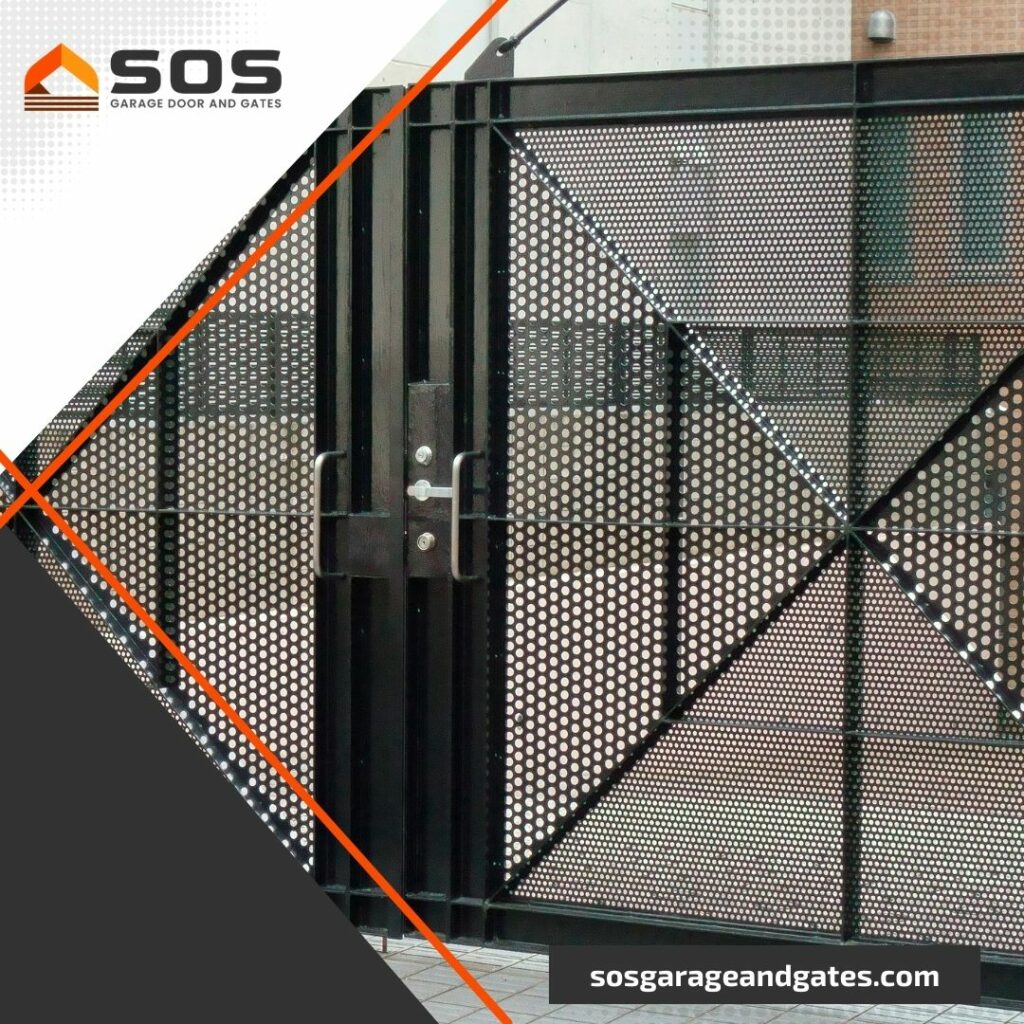
When it comes to custom gates, design and aesthetics often steal the spotlight—but the material you choose is what truly determines durability, maintenance needs, and long-term value. Whether you’re installing a gate for a home, business, or industrial property, selecting the right material can mean the difference between years of reliable service or constant repairs and replacements.
Popular Materials for Custom Gates: Pros and Cons
Understanding the pros and cons of common gate materials helps you make a smart investment tailored to your climate, usage, and style preferences.
1. Wrought Iron
Known for its timeless appearance and strength, wrought iron is a classic choice for custom gates. It’s ideal for high-security installations and adds curb appeal. However, it requires regular painting or powder coating to prevent rust—especially in humid or coastal areas.
Example: A homeowner in Houston chose wrought iron for their custom driveway gate. The elegant scrollwork matched their home’s architecture, but they also installed a rust-resistant primer to handle the Texas humidity.
2. Aluminum
Lightweight, rust-resistant, and low-maintenance, aluminum is perfect for modern residential gates. It can mimic the look of iron without the weight or corrosion concerns, but it may dent more easily in high-traffic areas.
3. Steel
A powerhouse material for custom gates, steel offers unbeatable strength and is great for industrial or security-focused properties. Galvanized and powder-coated steel resists corrosion but is heavier and often more expensive than other options.
4. Wood
For a warm, natural look, wood adds charm to both traditional and contemporary designs. However, it needs ongoing maintenance—sealing, staining, or painting—to prevent warping and weather damage.
5. Composite
Made from a mix of recycled wood fibers and plastic, composite gates are eco-friendly and low-maintenance. They resist rot and insects, but may not offer the same strength as steel or iron.
Maintenance Tips Based on Material
- Iron & Steel: Repaint or powder coat every few years
- Aluminum: Rinse occasionally to prevent grime buildup
- Wood: Seal annually and avoid direct sprinkler contact
- Composite: Clean with mild soap and water every few months
Invest in Longevity With the Right Material Choice
Choosing the right material for your custom gates ensures durability, security, and aesthetic appeal for years to come. Take into account your climate, the gate’s purpose, and how much maintenance you’re willing to handle.
Ready to design your gate? Consult with a specialist who can help you match material to function and style—because a gate isn’t just an entry, it’s a first impression.
READ MORE:

